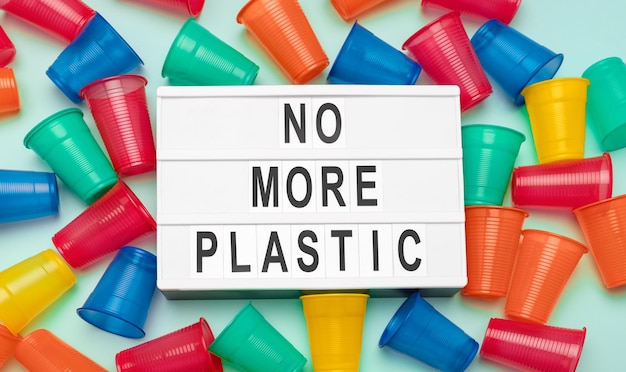Wet wipes causing pollution in our oceans and rivers is a big problem, no doubt about it. That’s why the UK government is getting ready to pass a law that will ban the sale of wipes with plastic in them. This new rule will first apply in England by July, then later on in the rest of the UK during the fall. Over the past few years, discarded wet wipes have become a common eyesore in our environment. Sure, they might seem like a quick fix for removing makeup without needing to rinse, but the reality is they end up littering beaches and water bodies in the UK, breaking down into tiny bits of plastic that harm ecosystems. What’s even more concerning is that animals can mistakenly eat these microplastics, which then make their way into our food and water supply. A recent global study, conducted by the World Wildlife Fund and the University of Newcastle in Australia, estimated that people swallow around five grams or 2000 small plastic pieces every week – that’s like eating a credit card. The aim of this new law is similar to the recent ban on loose plastic glitter: to encourage the use of more eco-friendly options instead of microplastics. While you’ll still be able to buy wet wipes post-July, most of them will be made from 100% cotton or biodegradable, plant-based materials that can decompose. Companies like Boots and Tesco have already reportedly stopped selling wipes with plastic in them. But does this ban on plastic-containing wet wipes go far enough? Some argue it doesn’t, suggesting that the only real solution to prevent ocean pollution and sewer blockages is to completely ban single-use wipes. Plus, many skin experts believe that even biodegradable wipes aren’t as effective as using a proper cleanser with a reusable cotton cloth. And here’s a tip: micellar water can do the same job as wipes without harming the environment when water isn’t available or if you have mobility issues. If you’re a fan of facial wipes, just remember to never flush them down the toilet, even if they’re labeled as "biodegradable" – they still take time to break down. And if they’re labeled as "flushable," it just means they won’t clog your pipes but will still end up in the water with the fish. So, for the love of marine life, please don’t do it. Dispose of wipes in your regular trash or compost them. Considering that about 90% of wet wipes contained plastic in 2021, it’s about time we start shopping more consciously. Opting for biodegradable alternatives is a great way to make a positive change.
